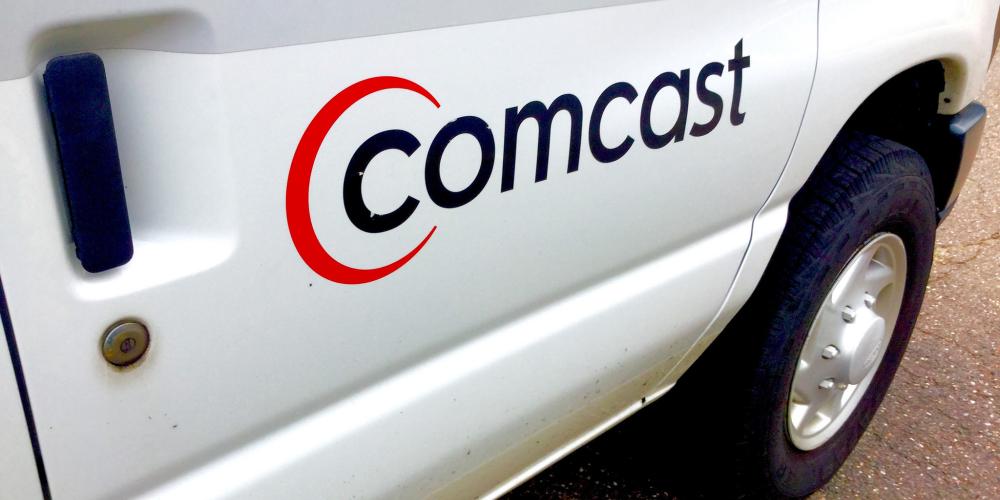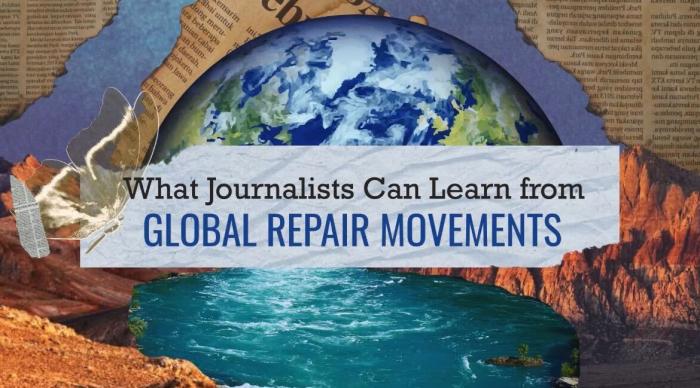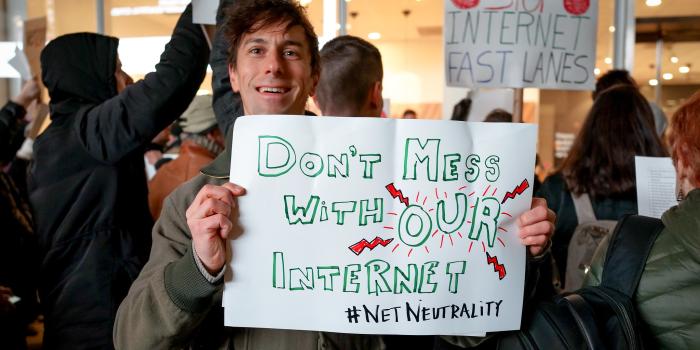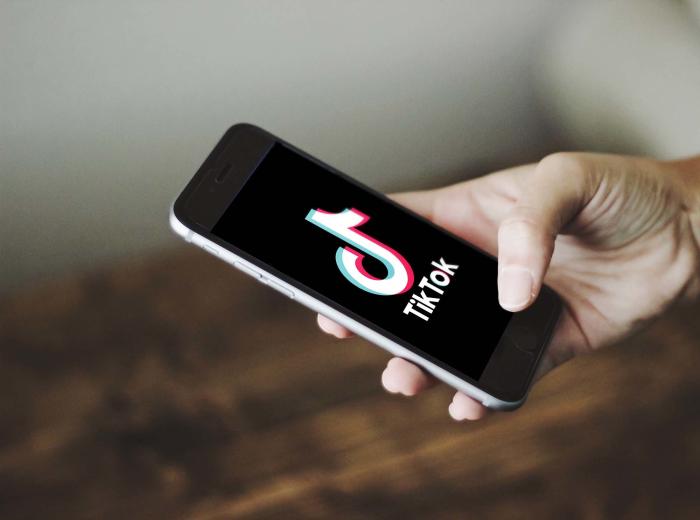Comcast Will Stop at Nothing to Get Its Deal Approved

Late last week a report cast serious doubt on whether the Justice Department will approve Comcast’s bid to take over Time Warner Cable.
But Comcast isn’t giving up — in fact, with the deal on the ropes, the company is doing everything it can to push back and get what it wants.
Anyone who’s dealt with Comcast knows that this deal is bad news. And several recent stories show that a world with a bigger Comcast would be a terrible place.
Comcast buys merger support
Most damning are stories suggesting that donations from Comcast may have led various individuals and organizations to come out in support of the merger.
Comcast is known for drumming up support for whatever it wants by making financial contributions to politicians, nonprofit organizations and others.
But top Comcast lobbyist David Cohen has denied that this is a quid pro quo situation. “We have never provided financial support to an organization in exchange for support in a transaction,” he told The New York Times.
These recent pieces question that claim.
According to The Nation, politicians including Chicago Mayor Rahm Emanuel, former Hawaii Gov. Neil Abercrombie and former Oregon Secretary of State (and current governor) Kate Brown “submitted letters to the FCC in favor of the Comcast merger — letters that Comcast had drafted.”
Furthermore, Comcast contributed to the campaigns of all three.
After Emanuel sent his letter to the FCC last August, the Nation notes, “The International Business Times reported that Comcast and its employees had donated over $100,000 to Emanuel's political activity, including $50,000 to his ‘mayoral campaign and his other municipal political organizations’ in Chicago.”
The New York Times notes that merger supporters like the Connecticut-based Nutmeg Big Brothers and Big Sisters, the Houston Area Urban League and Florida's Dan Marino Foundation have all received money from Comcast.
The same is true of the industry-friendly Americans for Tax Reform, the American Enterprise Institute, the Center for Individual Freedom, the Competitive Enterprise Institute, the Free State Foundation and the Institute for Policy Innovation, all of which submitted pro-merger letters to the FCC.
“It is a demonstration of how Comcast,” the Times notes, “the media conglomerate long known for its aggressive lobbying operation, has enlisted a vast network of allies to press federal regulators to approve the $45 billion transaction, much as it did in 2010 as it sought to acquire NBCUniversal.”
Presente.org Executive Director Arturo Carmona’s recent Fox News Latino Op-Ed challenges a critique of his organization’s opposition to the merger. The critique came from the pro-merger Hispanic Leadership Fund, which neglected to mention its close ties to Comcast; a company lobbyist sits on the Fund’s executive committee.
“It should come as no surprise,” Carmona writes, “that those who financially benefit from Comcast support the merger, as those are the only people who [will] win if this merger goes through.” Presente.org is the nation’s largest online Latino advocacy group.
Comcast’s tactic of using money to build support for its endeavors is nothing new.
Back in 2008, the FCC held a hearing at Harvard Law School concerning Comcast’s anti-Net Neutrality behavior and Comcast paid seat fillers to crowd the room.
This kept regular people out of the hearing — and allowed Comcast employees to grab the seats the seat fllers held for them.
NBC News empire falls apart under Comcast
The latest Vanity Fair features a lengthy investigation about the downfall of the NBC news empire — and it relates this development with Comcast’s takeover of NBCUniversal.
“When Comcast took over,” a former top NBC executive told the magazine, “they had the No. 1 morning show, the No. 1 Sunday show, and the No. 1 evening broadcast. That’s all completely fallen apart. I don’t know how you blame anyone but Comcast and the people it brought in. It’s been a nightmare.”
Meanwhile, Comcast’s own employees have to deal with low wages and high health-care costs. They also have no opportunities to unionize.
Comcast fails to serve its customers in Philadelphia and beyond
Comcast’s failure to serve its hometown of Philadelphia is more apparent than ever — as evidenced by a survey of Philly residents.
And its awful customer service in the rest of the country continues to make news. Just recently a fire destroyed a customer’s house in the Twin Cities — and the company made it difficult for him to cancel his cable service.
“If the TWC acquisition is denied,” stock market website Seeking Alpha notes, “it will in the long run be better for the industry, and hence better for Comcast itself, which needs competition to make sure it keeps customers happy, and keep regulators off of its back.
“A strong company in an industry with unhealthy competition does not have the incentives to supply a service deserving a high valuation.”
So Comcast needs competition to keep its customers happy and innovate. If it owns everything there’s no motivation for the company to improve its customer service or its products.
Opposition to the deal grows
Key leaders are expressing opposition to the merger.
Tony Cárdenas, who represents part of California’s San Fernando Valley in Congress, told Salon that the merger would “crush the diversity of voices in this country.”
Sen. Al Franken echoed this sentiment in a blog post on TechCrunch. “No company should be entrusted with the kind of dominant market position Comcast is seeking in this deal,” Franken wrote, “especially when the company in question has proven that [it] simply can’t be trusted.”
Franken turned that sentiment into action on Tuesday when he sent a letter showcasing his opposition to the merger to the FCC and the Justice Department. Sens. Richard Blumenthal, Ed Markey, Bernie Sanders, Elizabeth Warren and Ron Wyden all signed the letter. Their show of support comes the day before a meeting between Comcast and the DoJ.
Meanwhile, the influential California Public Utilities Commission will vote in May on whether to recommend approval of the merger, and Commissioner Mike Florio recently wrote that “This transaction is not in the public interest.”
Also in California, a coalition of merger opponents including consumer advocates, television writers, business leaders and organizers rallied outside a recent CPUC meeting and joined nearly 100,000 people in the Golden State who have spoken out against the deal.
We need to build on this momentum and keep pushing regulators to do the right thing. Tell Washington to block the Comcast takeover.





